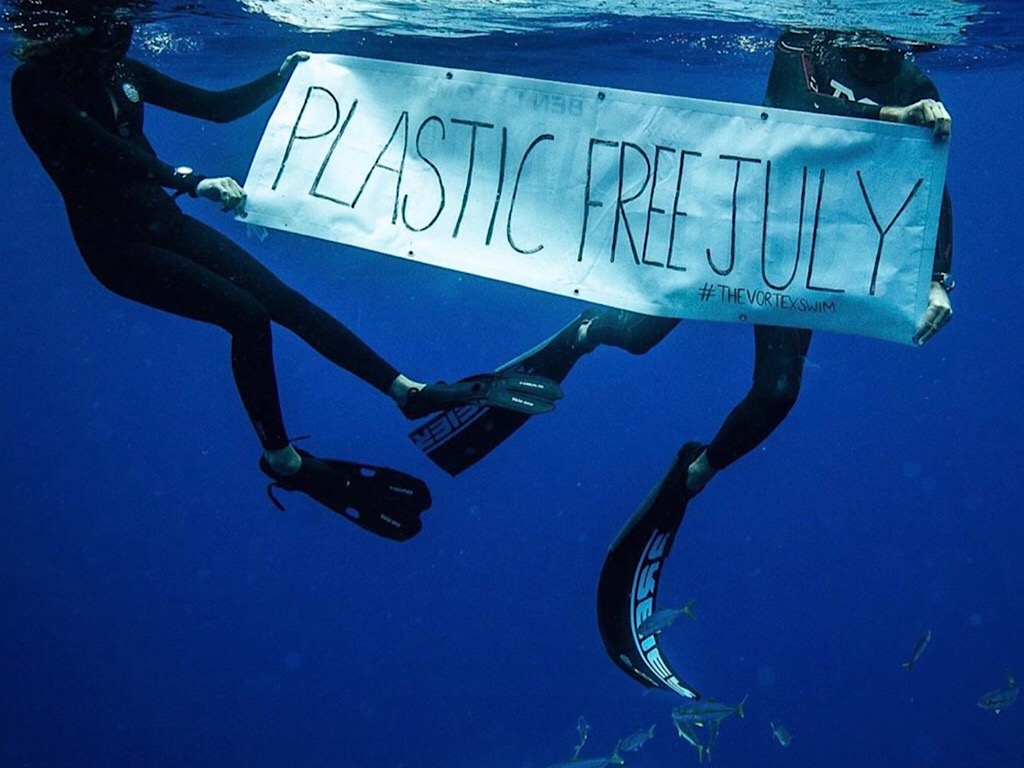2 Mins Read
The Plastic Free July Foundation announced that this year’s campaign had 230 million participants in the annual Plastic Free July challenge, more than double last year’s total. The non-profit movement, which began in an office in Australia and is led by a strong social media presence, has made huge strides in the global fight against plastic pollution and now counts adherents from 177 countries.
The challenge encourages individuals to make small acts of change in their daily lives to eliminate their plastic footprint. It has also been adopted by businesses and organisations who are embracing a green circular economy approach. Last year alone, the movement prevented almost 500 million kilograms of avoidable plastic waste ending up in landfills or polluting the environment in oceans and rivers.
Growing into one of the world’s biggest environmental movements, the campaign to ditch plastics has a positive impact that lasts beyond July. Almost 90% of those who participate in Plastic Free July develop long-term lifestyle changes. These include ditching plastic food wraps and cling film, single-use plastic bags, refusing take-away coffee and bringing reusable cups and cutlery.
“This year’s record level of participants shows the level of concern about the plastic waste issue and demonstrates that the power of change really is in the hands of every one of us. As millions of people across the world make personal decisions to reduce their plastic consumption we prove that together we can make a real, collective impact on the current plastic waste crisis,” said founder of Plastic Free July Rebecca Prince-Ruiz.
This year in particular saw a transformation in consumer expectations. Consumers are not only seeking to take actions in their daily lives to reduce plastic waste, but they are demanding that governments take more leadership to encourage plastic-free lifestyles and hold businesses accountable through regulation.
Despite promising signs that the tide is turning when it comes to plastic, much more remains to be done to fight plastic pollution efficiently. This year’s data shows that 26% are still trying to avoid single-use plastic water bottles on a consistent basis. Given that reducing waste through reusing and recycling is more energy efficient than trying to extract micro-plastics from our oceans or plastic litter on our streets, it is vital that we all commit to long-lasting steps to achieve a healthier, plastic-free world.
Lead image courtesy of Ben Lecomte.




